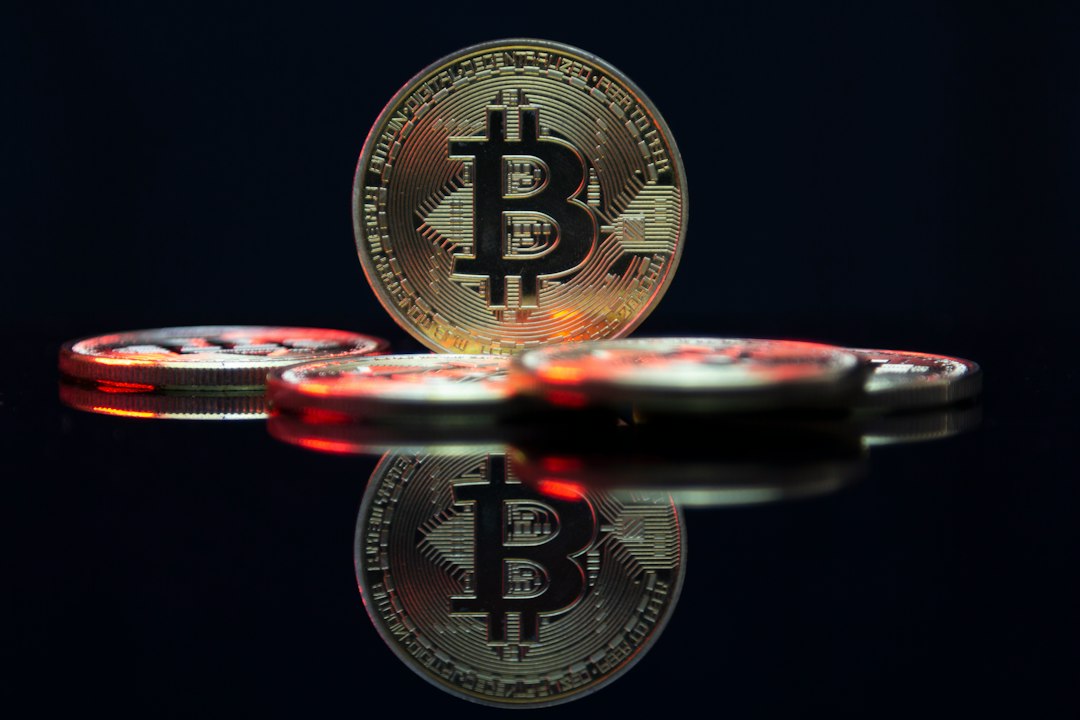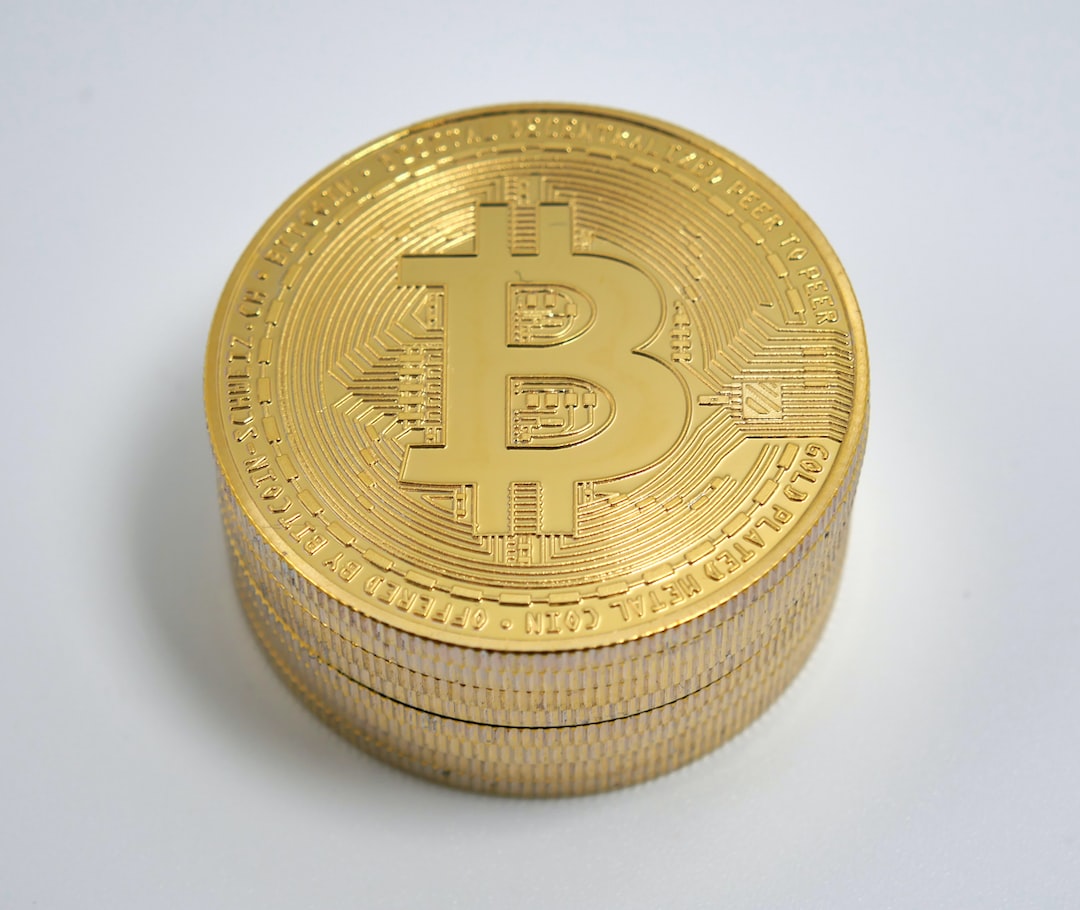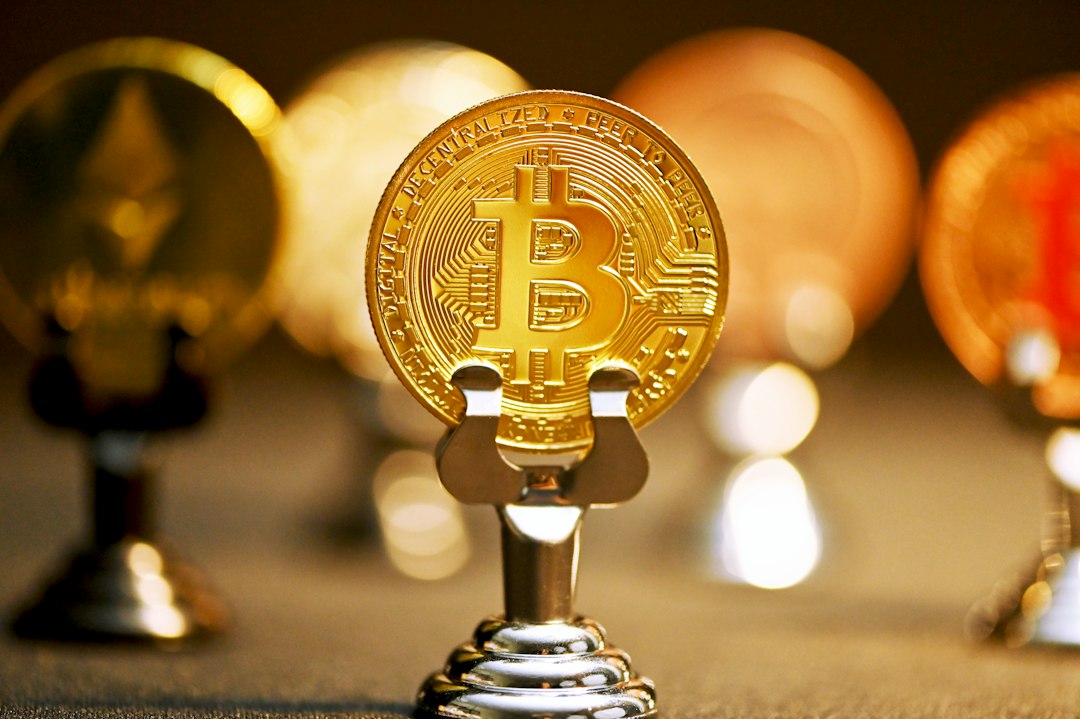The Central Bank of Brazil to Strengthen Oversight of Crypto Platforms
The central bank of Brazil has announced its plans to tighten regulations and enhance oversight of cryptocurrency platforms as the adoption of crypto in the country continues to rise. Speaking before a parliamentary commission on finance and taxation, Roberto Campos Neto, the governor of Brazil’s central bank, highlighted that cryptocurrency imports by Brazilian residents have surged by 44.2% between January and August 2023 compared to the same period last year. Neto emphasized that a significant portion of these imports could be connected to tax evasion or illicit activities.
Increase in Stablecoin Adoption
Neto also noted the increasing popularity of stablecoins in Brazil, highlighting their use as a means of payment for goods and services. This stands in contrast to cryptocurrencies like Bitcoin and Ether, which are primarily used for investment and savings purposes.
Regulating the Crypto Sector and Developing a CBDC
Brazil’s central bank, known locally as Banco Central do Brasil, plays a crucial role in regulating the emerging crypto sector in the country. In addition to overseeing the private crypto market, the central bank is actively working on its own central bank digital currency (CBDC) called the digital real. The bank has unveiled a roadmap that includes monthly webinars and discussions with fintech experts and partners about CBDC rollout plans and pilot results. However, concerns were raised when a blockchain developer discovered that the CBDC’s source code could potentially give the government control over freezing or draining accounts at will.
Hot Take: Strengthening Oversight for Sustainable Crypto Growth
The decision by Brazil’s central bank to strengthen regulations and oversight of crypto platforms demonstrates their commitment to ensuring sustainable growth in the crypto sector. With the surge in cryptocurrency imports and increasing adoption of stablecoins, the central bank recognizes the need to prevent tax evasion and illicit activities. Additionally, their efforts to develop a central bank digital currency show Brazil’s proactive approach in embracing innovative financial technologies. However, concerns about potential government control over individual accounts highlight the importance of striking a balance between regulation and individual privacy in the digital economy.





 By
By
 By
By
 By
By
 By
By

 By
By